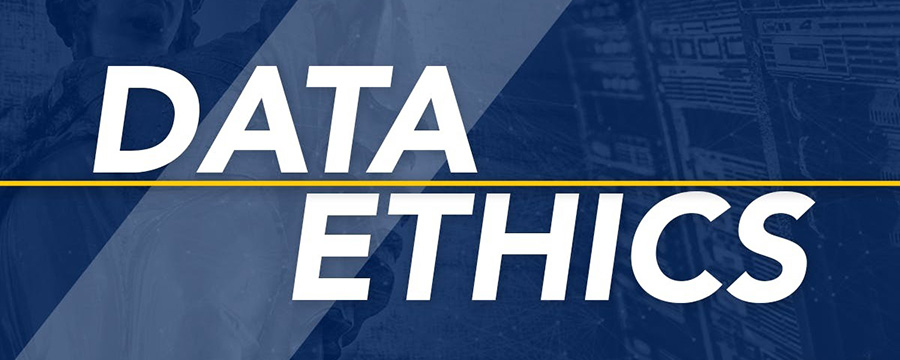#BU-04-59 Data Science Ethics
About Course
University of MichiganDescription
Identify the best practices for ethical and responsible data management
This course will develop your knowledge of data ethics as you explore the questions around the ethics of big data and AI.
Explore the ethics of data collection and data sharing
From developments in healthcare to keeping cities safe, we’ve found a huge variety of useful ways of using data collection and sharing. But how does collecting data affect our personal privacy? And, how much should we trust algorithmic fairness?
Led by experts at the University of Michigan, you’ll use the framework of ethics to analyse the societal consequences of data science and identify why data privacy is important.
Consider how big data is affecting the modern world
As society grapples with defining shared values regarding what is okay and what isn’t when it comes to data, you’ll examine how data impacts on our principles of fairness, accountability, and transparency, and discover why it’s important we develop a shared set of societal values when it comes to data ethics.
While laws will be mentioned in places, this course will invite you to take a compliance viewpoint, where you think not in terms of what one can do (legally), but instead in terms of what one should do.
Learn with the director of the Michigan Institute for Data Science
The leading educator on this course is Professor HV Jagadish, Professor of Electrical Engineering and Computer Science at the University of Michigan and distinguished scientist at the Michigan Institute for Data Science.
Professor Jagadish is well known for his broad-ranging research on information management and has published over 200 major papers and 37 patents.
Whether you’re studying data science or you’re a practising data scientist, you’ll enhance your knowledge of data ethics and privacy with a leading researcher in data science and management.
What topics will you cover?
- This course will establish a basic foundation in the notion of simple utilitarian ethics and introduce the Principle of Informed Consent
- This course will examine data privacy and anonymity
- This course will discuss data validity and algorithmic fairness
- This course will cover societal consequences of Data Science that we should be concerned about even if there are no issues with fairness, validity, anonymity, privacy, ownership or human subjects research
Who developed the course?
As the #1 public research university in the United States, U-M has been a leader in research, learning, and teaching for more than 200 years, with 102 Grad programs in the top 10 — U.S. News & World Report (2019).
What Will I Learn?
- utilize the framework provided in the course to analyze concerns related to data science ethics.
- explore the broader impact of the data science field on modern society and the principles of fairness, accountability and transparency.
- examine the need for voluntary disclosure when leveraging metadata to inform basic algorithms and/or complex artificial intelligence systems.
- learn best practices for responsible data management.
- gain an understanding of the significance of the Fair Information Practices Principles Act and the laws concerning the "right to be forgotten."
Topics for this course
What are Ethics?
Instructor and Course Syllabus
What are Ethics? – Introduction
Data Science Ethics – Course Preview00:02:55
What are Ethics?00:09:23
Data Science Needs Ethics00:03:39
Case Study: Spam (not the meat)00:04:54
Example: ethical behaviors
Summary: What Are Ethics
History, Concept of Informed Consent
Data Ownership
In the course I see examining how data affects our principles of fairness, accountability and transparency, and discovering why it's important for us to develop a Shared set of social values when data is ethical. It's really great.
This course USES an ethical framework to analyze the social consequences of data science and determine why data privacy is important. The whole course is very straightforward and easy to understand.
The best part of this course is to take us along for a thoughtful discussion of the ethics of data collection and data sharing.
This course leads us to explore ethical issues related to big data and artificial intelligence, while also expanding our knowledge in data ethics. Not bad.



